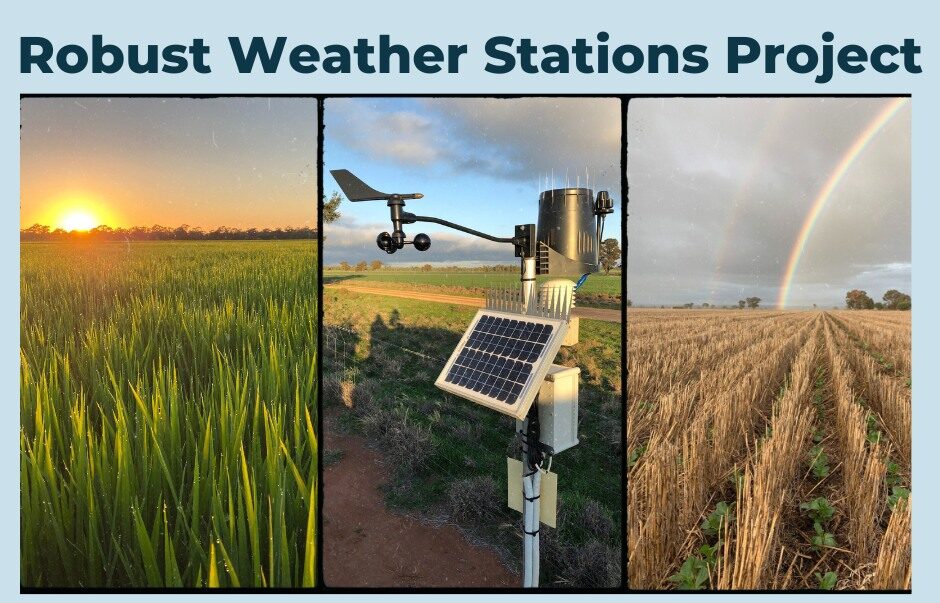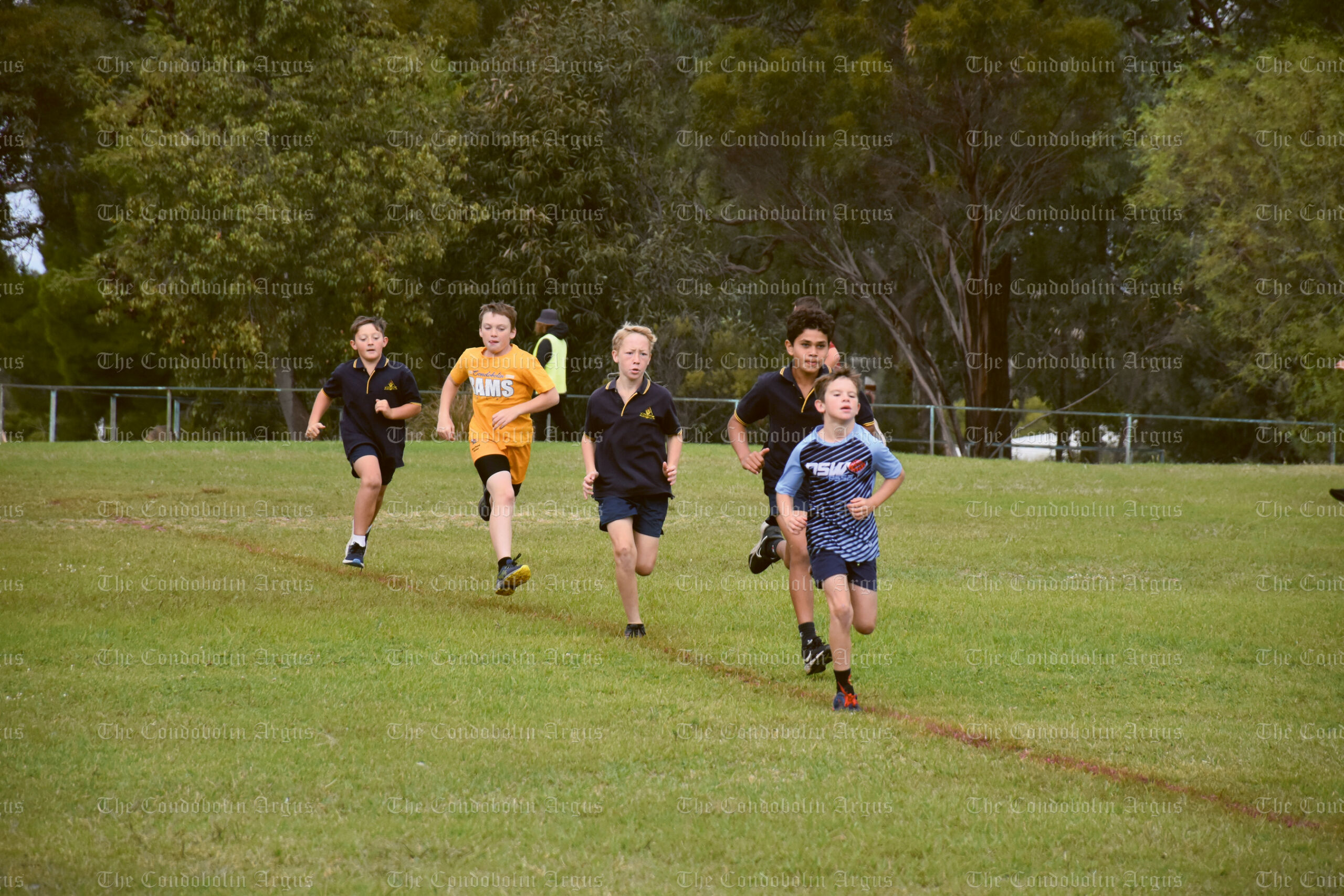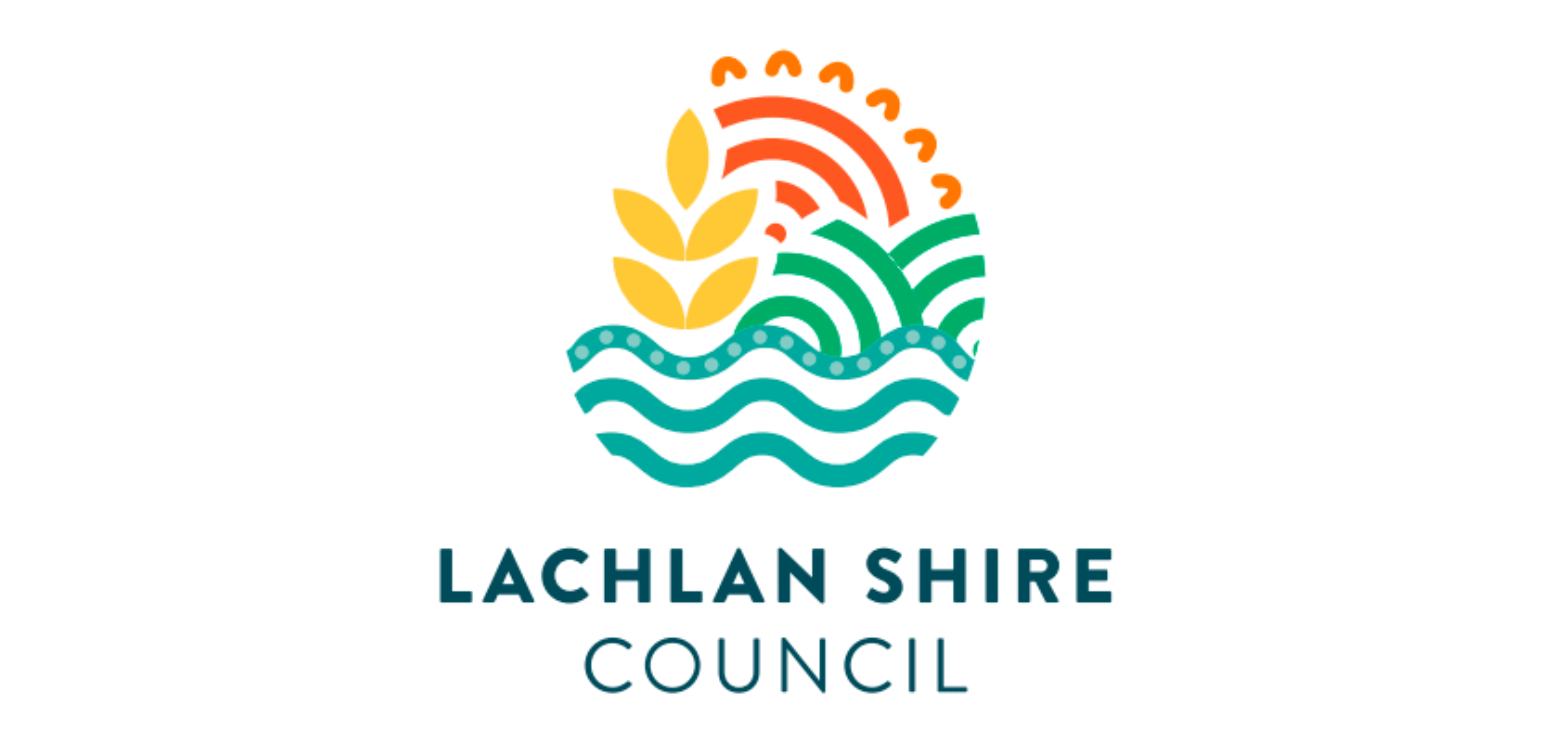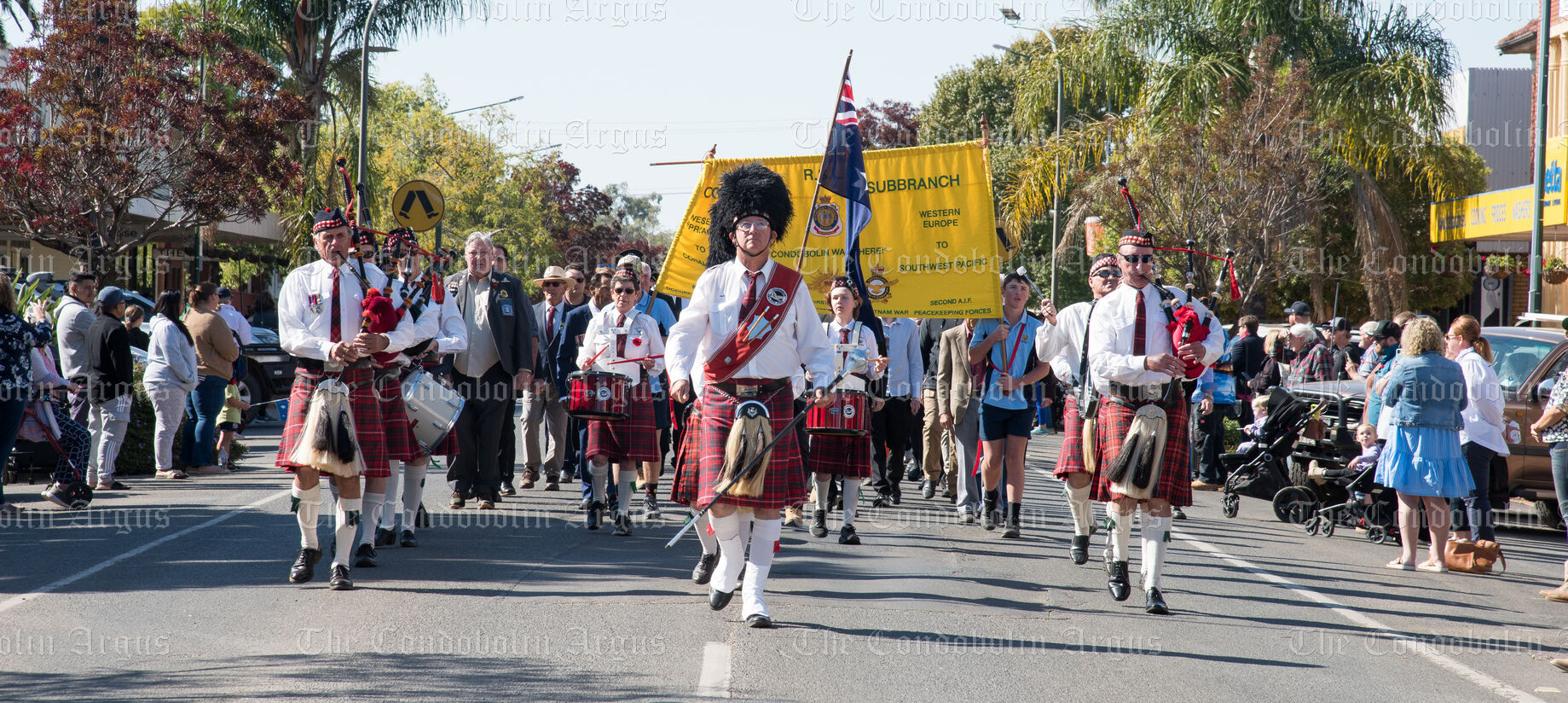NEW WEATHER STATION PROJECT TO HELP COMMUNITIES PREPARE FOR FIRES, FLOODS
Central West Farming Systems (CWFS) is investigating how on-farm weather stations and moisture probes can better support communities, farmers and emergency services to prepare and respond to fire and flood emergencies.
The work is being conducted through the ‘More Robust Weather Station Network to Support Climate Resilience’ project, led by Riverine Plains, which recently received grant funding from the Australian Government.
Riverine Plains Project Officer, Kate Coffey, explained that on-farm weather stations and soil moisture probe technologies have become important tools for farmers planning weather-sensitive operations such as sowing, spraying, harvesting or irrigation scheduling.
“Official Bureau of Meteorology weather stations can be located up to 200km apart, so to fill-in the gaps, farmers often install on-farm weather stations to monitor temperature, humidity, wind speed and direction, rainfall and soil moisture in real-time on their farms,” she said.
“Because these on-farm weather stations and soil moisture probes are networked and installed across a wide area, there is potential to harness them to better support existing Bureau of Meteorology stations and expand their usefulness to help communities prepare for climatic events such as fire and flood”.
Riverine Plains, along with project partners Birchip Cropping Group, Central West Farming Systems, FarmLink and Holbrook Landcare network, collectively manage a network of over 80 on-farm weather stations and soil moisture probes across Southern Australia.
“Working alongside our farming system group partners means the project has the potential to overcome some of the existing barriers to sharing climate data, so that it can be accessed by a wider audience and create better outcomes for emergency management,” said Ms Coffey
“We are also looking at ways to improve accessibility by combining these separate networks into a single platform, while ensuring data is collected and presented in a way that meets the needs of users,” added Ms Coffey.
The project will also look at long-term funding for the sites and will investigate alternative ways to transmit data where mobile coverage is poor.
“With a warming climate likely to increase the frequency and severity of extreme climatic events, having greater public access to existing on-farm weather station networks could really help communities and emergency services identify and manage high risk situations,” said Ms Coffey.
“This could be especially important when rapidly drying fuel loads may increase the fire risk or when saturated soils might increase the risk of flooding, or when a fire or flood is underway and communities or emergency services need more information,” concluded Ms Coffey.
Seeing the gaps in our area is the first step and CWFS would be most appreciative if you could complete our 3 minute survey https://www.surveymonkey.com/r/9XQVDXB or email Diana Fear if you currently use any of these technologies on diana.fear@dpi.nsw.gov.au.
The More Robust Weather Station Network to Support Climate Resilience project received grant funding from the Australian Government.
A Central West Farming Systems Press Release.
Latest News
CPS students going the distance
Condobolin Public School held their competitive Cross Country event on [...]
Temporary closure
The Lachlan Shire Council office and Service NSW agency at [...]
We will remember them
Condobolin paused to remember those who served Australia when they [...]
Wanted On Warrant – Caleb Powell
Police are appealing for public assistance to locate a man [...]
Condo Auto Sports host a weekend of fun
Condo Auto Sports held a weekend of fun on Saturday, [...]
Team building with pallets
On Saturday March 23rd, Lake Cargelligo Early Learning Centre [...]










